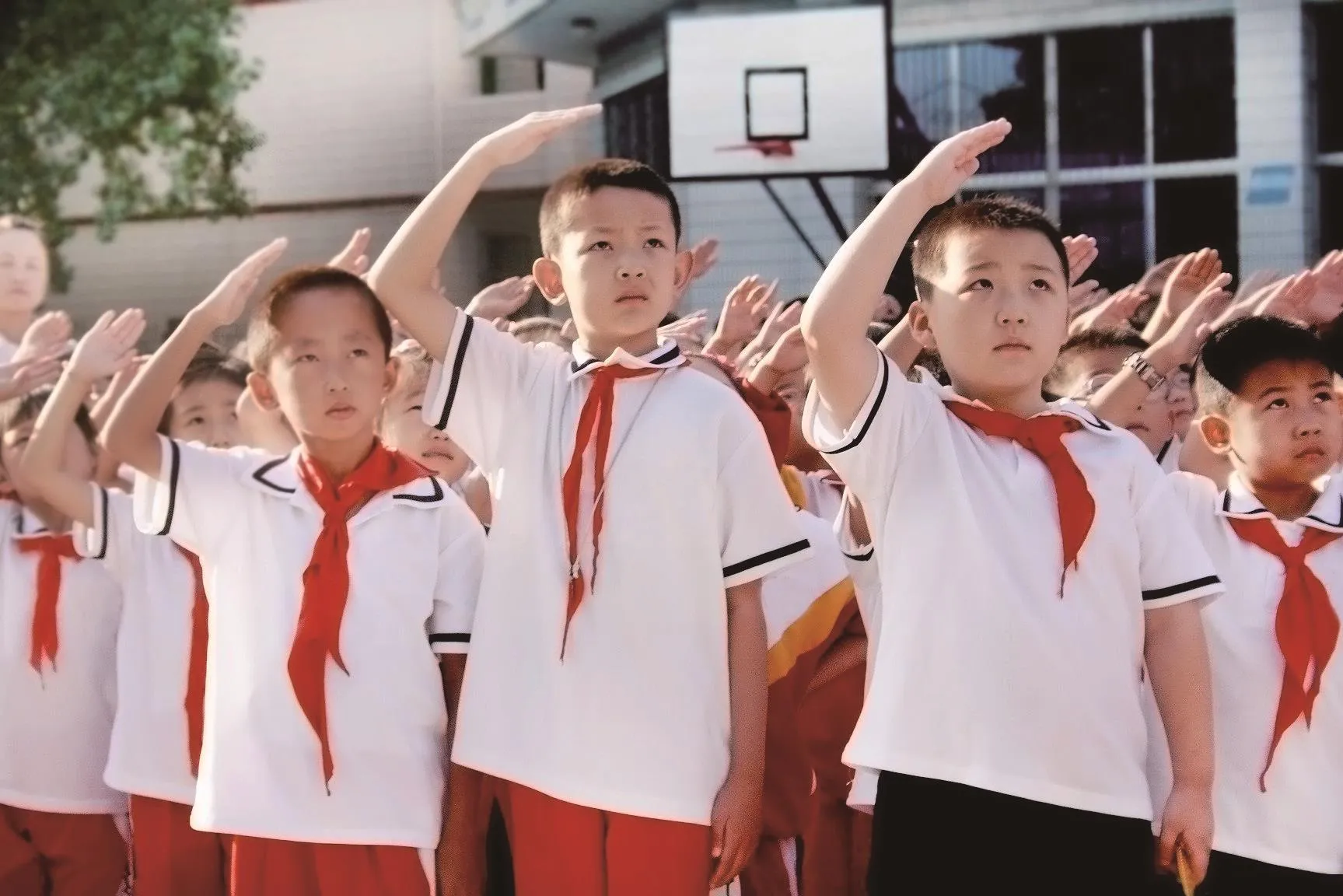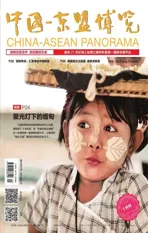Urban Household Registration Integration to Benefit All People
2015-09-06writtenbyLiMinLiShiweitranslatedbyMaJinyu
written by Li Min, Li Shiwei / translated by Ma Jinyu
Urban Household Registration Integration to Benefit All People
written by Li Min, Li Shiwei / translated by Ma Jinyu

Household registration system is closely related to people's livelihood like social security, education, health, family planning, housing, transport and tourism etc. Urban household registration integration occupies a large part in the blueprint of deepening reforms of Guangxi Beibu Gulf Economic Zone (BGEZ). In October 2014, the Plan on Urban Household Registration Integration of Guangxi Beibu Gulf Economic Zone (short for the Plan) was officially released, marking that urban household registration integration within the BGEZ was launched in an all-round way and started to make substantial progress. As the Plan goes further, it will become possible for the four cities (Nanning, Beihai, Qinzhou and Fangchenggang) to achieve the target of benefiting all people, including the mobilization of human-centered resources elements and the equalization of public services, the facilitation of integrated management .
In March 2013, the government workreport of Guangxi Zhuang Autonomous Region described, “Urban household registration integration is the handlebar of urban integration reform in BGEZ, a key measure to release new bonus, promote balanced urban and rural development and set up new-type urbanization, as well as the objective requirement and beneficial exploration of enhancing national governance systems and capacity, which will make positive effects on promoting the innovation of social management.” This shows the importance of urban household registration integration to the integration in the BGEZ. The BGEZ, an ASEAN-oriented gateway and a crucial engine for Guangxi economic development, urges to get rid of institutional barriers between urban and rural areas, thus to promote the development of public services and achieve regional differentiation and coordinated development through the optimal allocation of resources.
In this context, the BGEZ urban household registration integration covers Nanning, Beihai, Qinzhou and Fangchenggang with a population of 13 million. Wei Ran, Deputy Secretary General of the People’s Government of Guangxi Zhuang Autonomous Region introduced, the reform focuses on how to remove institutional obstacles that impede the free flow of personnel and resources within the BGEZ.
For instance, promote the "unified" urban-rural household registration, both rural and urban household registration holders are "residents"; relax restrictions for household relocation, admit the time periods of those who ever worked, insured and resided in other city, make migrant laborers within the BGEZ get well treatment; unify systems of social security and employment services, unblock employment channels; medical test result is mutually recognized among four cities; loosen restrictions on off-site housepurchase and housing provident fund loan; realize traffic and travel all-inone card. The Plan also involves 22 aspects of 9 categories, such as vehicle management facilitation and rural property rights system. The brand-new dividend policy will benefit people's livelihood development in the region and bring them tangible well-being and convenience.
Mr. Wei said, "Relying on the actual demand of the BGEZ development and general public, Guangxi will take urban household registration integration as a breakthrough to vigorously promote the urban integration of the BGEZ.”
At present, urban household registration integration has made substantial progress in urban integration for household registration management. The "unified" household registration system has been fully implemented within the BGEZ, making a key step in eliminating ruralurban differences; As of November 30th 2014, over 10,000 people in four cities have been provided online approval facilitation services, shortening the processing time from 20 to 10 working days; migrant laborers within the BGEZ can apply for or re-submit an ID card without going back to the original registered permanent residence. Nonlocal people who hold passport visa, laissez-passer to Hong Kong & Macao, travel permit for mainlanders to enter and exit taiwan exempt from inspection. All these show that the goal of the first phase of urban household registration integration has been fulfilled ahead of schedule.
Breakthroughs are made in urban household registration integration after the urban integration of communication, finance and social security, which makes a good start and sets up an example for deepening reforms in the BGEZ, promoting the development of urban integration and caring about people's living standards.
Mr. Wei claimed, the advancing of the reform of urban household registration integration will further break administrative barriers and market segmentation, and promote the free movement of humancentered production factors. Moreover, it is beneficial to further break down institutional barriers between urban and rural areas within the BGEZ, gradually eliminate the differences of various public services caused by household registration system, make residents of the BGEZ enjoy equal public services and bring people more convenience and tangible bene fi ts.
According to urban integration plan of the BGEZ, urban integration mechanisms related to the operation of infrastructure management, industrial development, the building of resources element market, the promoting of basic public services will be established in 2015, so as to enhance the free flow of factors, such as labor, land, capital and technologies. The BGEZ will open up new prospects for the urban integration as its urban household registration integration makes progress.
